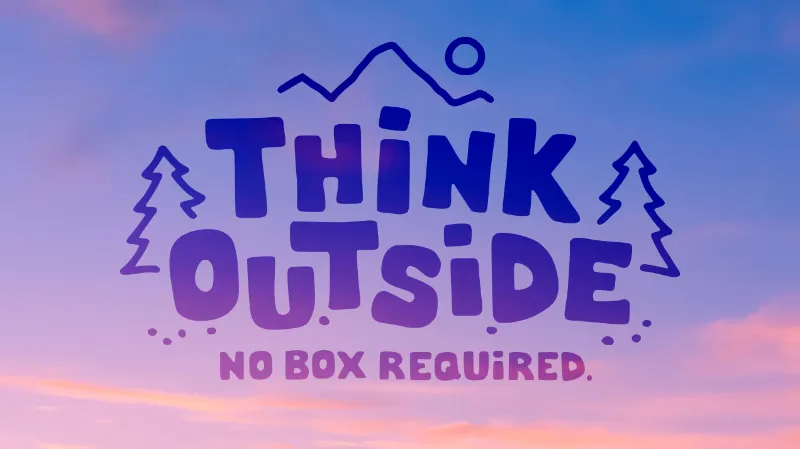
"Finishing up" my mini-series on truthseeking methodology. Read up on part 1 here
Spotting fundamental discrepancies by browsing society's taboo-catalogue
You will come to find out that taboos often exist for a completely different reason than is officially claimed and that they are often not easily recognized as taboos. A great recent example from my journey would be the proliferation of parasites in human beings - a thing hardly anyone knows or talks about, but seems to have a lot of actual evidence backing it.
Or questioning the big bang. Questioning what a person is. What the Earth is. What communication is. What sex is. What law is. What governments are. The moon. Dreams. Psychedelics. Health. Anything.

Now granted these may not sound like taboos at first, but as soon you start digging you will find out that a myriad of hidden things can be discovered that are literally discussed nowhere, apart from little circles well below the mainstream radar.
Start there.
Listen to the explanations that exist, how they contradict one another and how they possibly confirm one another. The more "certain" something is being looked at by the majority, the deeper you have to go to find the catch in the common explanations.
Explanations exist for everything, otherwise people would start to ask questions. But any explanation - as unfactual as it may turn out - is in the end nothing but a pacifier to inquiring minds. Don't let an explanation satisfy you. Take it as the starting point to dig deeper and try to take it apart. Until you reach a point where your rational mind is sufficiently satisfied - for the moment.
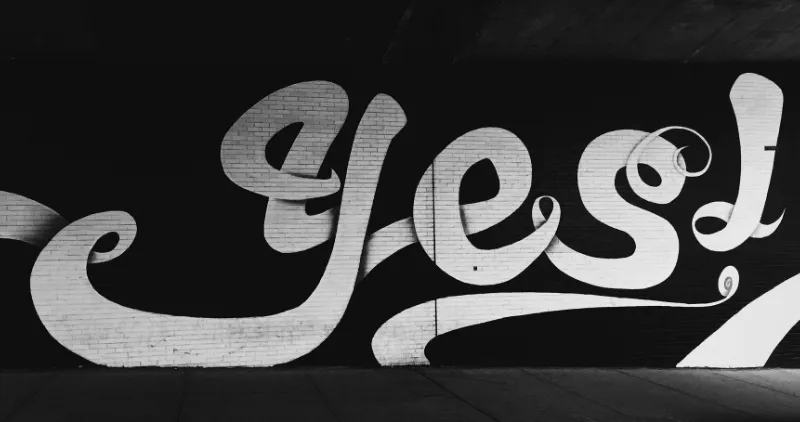
I finally know the truth now!
Congratulations, you did well navigating the minefield of propaganda and evidence.
Now find the holes in it!
Don't believe there are any things you have overlooked? Well, how long and hard have you looked? Can you address any and all questions the mainstream narrative throws at you for your new viewpoint? Or do you have to confess that you can't quite yet explain certain aspects of what you claim to be true? If so, you have to go back to the drawing board and find the catch in your new truth.
While it's perfectly alright to not know everything, you will have to answer any and all objections if you find yourself running with a new complete model (maybe one that you have actually reached by listening to other people, instead of discerning it all by yourself).
It's a good point to be at - not knowing the truth, but knowing about the things that are untrue. It keeps your mind open, yet never makes you swallow another lie whole so easily.
If you start making a virtue out of finding and letting go of the most likely candidate for the truth you will constantly get closer, and never fall for the traps indefinitely. You may stick with one possibility for a while until you find the catch and that is perfectly OK. Just beware that if you have been stuck at a certain viewpoint for years, it may be time to move on to consider other explanations.
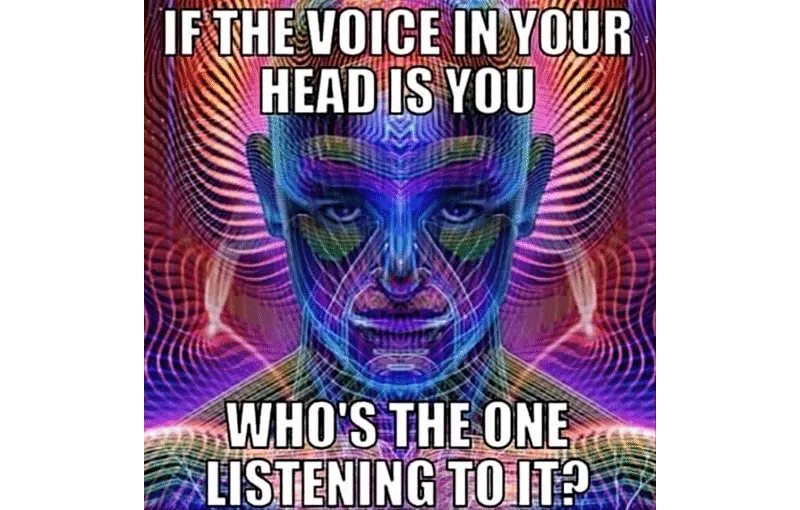
Don't be the missionary
Repeatedly realizing that you have missed some major aspects yet again will make you humble and stop you from judging those who have not "even" figured out the first big lie.
You mean the lie that you yourself believed before you started digging, right?
Don't hold it over people's heads, especially if you want them to see what you have discovered.
For many years I ran around trying to convince others of what I have found, not realizing I had fallen for some new major catches that went unrecognized by me.
If you do force these packages of worldview on others, you will push them away - from being interested, from wanting to explore the subject matter for themselves and from taking you seriously. Which will increase the pain and time it takes for them to actually realize that their main narrative is full of holes and that their held explanations are factually incorrect.
Confronting others in an effort to convert them will make them defend their viewpoint and shut out most possibilities for them to ever see through what they hold to be true.
Don't be that guy.
As it has been put so magnificently:
"The truth is like a lion, you don’t have to defend it. Let it loose and it will defend itself."
But be patient in letting the lion loose, it itself is patient. And maybe during that stretch of patience you actually discover that you HAVE overlooked something major. And you will thank yourself for not having slammed your temporary world view into the face of others around you. Especially the people you love.
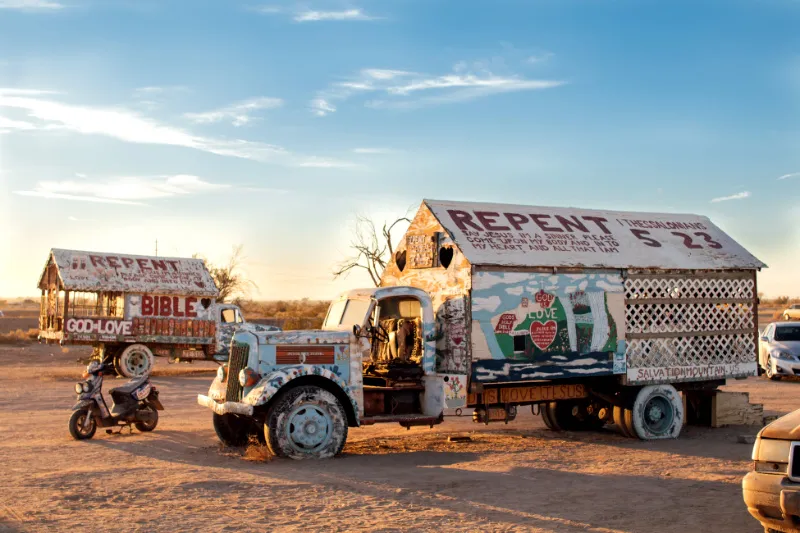
Degrees of certainty
While this may be completely subjective, I can recommend finding the degree of possibility first, before sharing what you found with others. Meaning, you have to be reasonably sure of your information and logic in order to not burn bridges to people who are open to your ideas. Don't shout your newly found truth from the rooftops if you have held it for mere days or weeks only. You need to dig more, to be more certain than just "a little". A good point is "likely", when things are likely to you - share them with the people you feel are "far enough" to hear you out. Test the waters as to how far you can go with them before putting it all on the table.
Allow your listeners some room to understand and to evaluate for themselves. Don't spoiler the ending, or what you hold to be the ending. Everybody hates hearing how the movie ends before having watched it themselves.
How then do I share my insights?
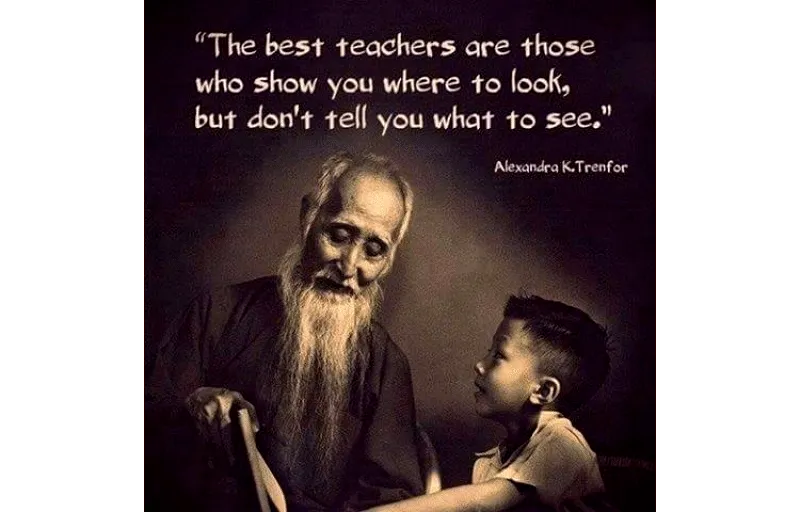
Bits of knowledge. Refrain from telling the whole story but give nuggets of your most logical or plausible arguments to those who ask. Sprinkle bits of your information into the discussion whenever a topic comes up naturally. Allow others around you to inquire, instead of falling into the house with the door (as we say in German).
Ask questions that lead. But don't overdo it if you feel a conversation is trailing off of what you wanted to share originally, there will be another opportunity soon. Especially if you have not burned the bridges to those listening. If you keep the connection to them intact they will start to trust you more and more so that eventually you may be able to tell them more of what you have discovered without pushing them away.
Talk to interested people in private. You will be amazed how different a fundamental conversation can be as soon as the societal pressure is gone when nobody else is listening in. Find the ones in your existing circles that love to ask questions, but don't quite dare to.
Create opportunities to meet them in a different context where they don't publicly have to conform to the generally-accepted idea. And never stop considering their input.
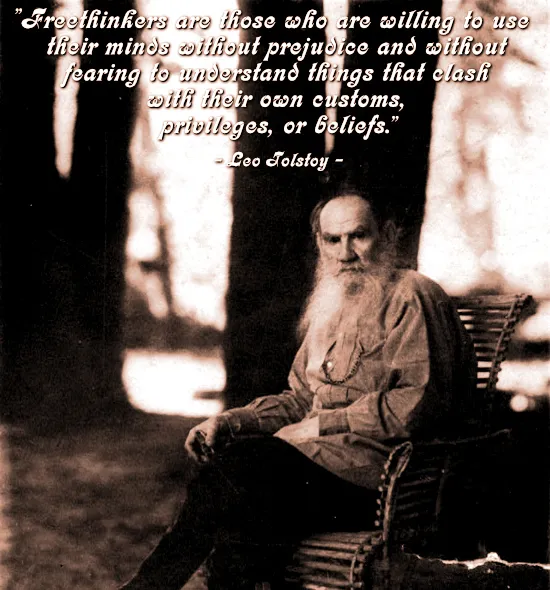
Constantly push your limits of inquiry
If you feel you have reached a point where most probabilities stop moving, it may be time to connect with others you feel are on your level of ability when it comes to discernment, but who totally contradict your most likely narrative.
Trust that their conclusion may be as sound as your own, and try to question everything you hold true again. Don't dismiss them because they have not seen through lie A you have seen through long ago. They can still help you see through lie B, or X,Y,Z as long as you uphold an energetic level of communication based on fairness, where you never put yourself above others even if you know they believe in a fairy tale.
There may be fundamentals to learn about that they have long seen through but you haven't, make use of their time and effort they put into decoding those still new to you, and share with them your discernment-breakthroughs once you feel you can do so without burning the bridge.
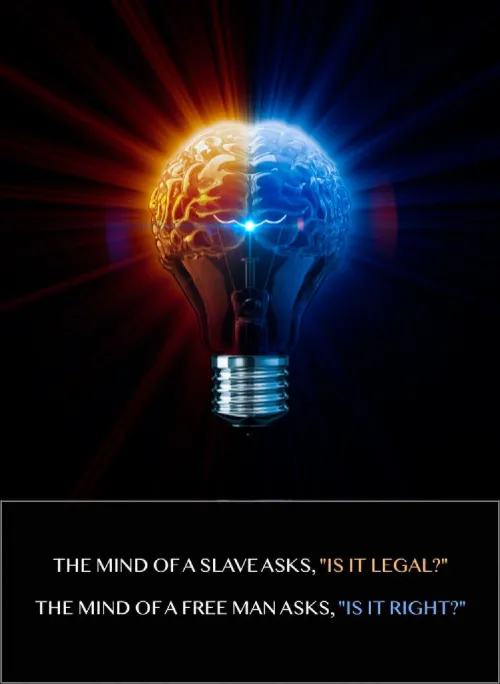
This all sounds so non-specific, will you give ANY ACTUAL examples here?
No I will not, not at this time anyway. I have been wanting to write such a "dry" guide to navigating the pitfalls of truthseeking for a while, and my individual breakthroughs will be shared in due time and format.
I have seen the merit of going through the stages, instead of taking shortcuts to the conclusion. It's the same reason why first grade students don't start with algebra, they start with the basics of addition and subtraction of whole numbers.
I may also be wrong about what I find to be most likely right now, so wouldn't it be much more conducive for truth finding if I let this article stand as a blank?
I came here to tell my full story, well, anything of relevance. And for that reason I have started at the very beginning of my discernment journey, slowly catching up to recent years of my life.
When the time comes I will put out all I think I know, until then if you really want to know the truth you really have no other option than to look for it yourself.
And we can compare notes when the time comes ;)
I have been long meaning to write about the high points of my journey chronologically, and we haven't even gotten started yet. But I feel as my readers you deserve a heads up that most of what I am writing about so far on Steemit is but a faint memory of how I used to see life and the world around me. And I am doing my utmost to stay in that frame of mind until I can share what eventually blasted it apart for me, which is coming up soon when I have sufficiently caught up with my making and shaping years.
Should you decide to unfollow at any time, know that I wish you all the best on your path and that all your support and attention has made me feel very grateful.

And we are moving into times where speaking our truth is becoming more and more important so we can figure things out. So I want the earlier steps out of the way, before I can really get to the point. If there even is one ;)
minds.com
unsplash.com
unsplash.com
minds.com
unsplash.com
minds.com
commons.wikimedia.org
minds.com
unsplash.com
Happy searching, much love and thanks for stopping by <3